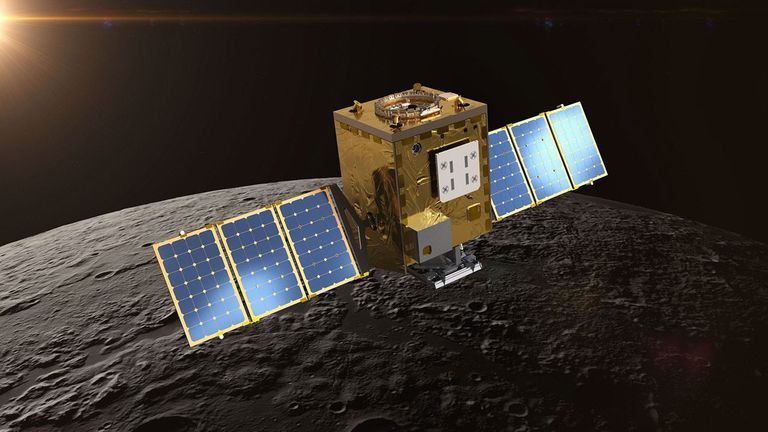A 2nd judge halts more of Trump’s voting executive order
More than a month after one federal judge halted a portion of President Trump’s executive order related to voting, another judge on Friday ruled that additional provisions of the order need to pause as well.
The decision from U.S. District Court Judge Denise Casper, in the District of Massachusetts, affirmed a pause on one of the most controversial parts of the order, which would require that people provide documents that prove their citizenship, like a passport, when they register to vote using the national registration form.
But Casper also blocked a provision aimed at barring states from counting mail ballots postmarked by Election Day but that election officials receive after.
The judge noted that states have the power to set the rules for their elections, according to the Constitution, not the president.
“The Constitution does not grant the President any specific powers over elections,” Judge Casper, an appointee of former President Barack Obama, wrote.
The documentary proof of citizenship portion of the executive order was already paused in April as part of a separate lawsuit brought by voting rights groups and the Democratic Party, but that ruling did not impact the mail voting provision.
Trump’s order had called for the federal Election Assistance Commission to withhold funds to the nearly 20 states and jurisdictions with forgiving mail ballot deadlines. Many election officials, especially those in majority vote-by-mail states, like those rules, because they ease the reliance on the Postal Service to be on time and not make mistakes that impact voters.
Republicans, however, argue the rules benefit Democrats and have also falsely claimed those sorts of laws allow for fraud to taint results.
Immediately after Trump’s order came out in March, many voting officials across the country voiced alarm at what they saw as federal overreach into their processes.
“The Elections EO is facially unconstitutional … and an affront to the States’ sovereignty and their constitutional authority to regulate the administration of elections,” wrote the Democratic attorneys general from 19 states who are suing to stop the order.
They argued in their initial complaint that the executive order “sets the stage for chaos” since states would have to divert resources toward implementing new training, testing, voter education and coordination “at breakneck pace” to comply with the order — or risk losing needed funds if they don’t comply.
Casper’s decision also blocked a provision of the executive order that would have added new requirements for how U.S. citizens abroad, including military members and their families, register and vote. These overseas voters currently use a designated postcard to register and request an absentee ballot. The order would require such voters to also mail-in proof of citizenship and proof of eligibility to vote in their home state.
Such a provision “appears to be contrary to the will of Congress, which sought to remove procedural roadblocks which had prevented American citizens living abroad from voting,” the judge wrote.
NPR’s Jude Joffe-Block contributed reporting.
Deadline looms as Anthropic rejects Pentagon demands it remove AI safeguards
The Defense Department has been feuding with Anthropic over military uses of its artificial intelligence tools. At stake are hundreds of millions of dollars in contracts and access to some of the most advanced AI on the planet.
Hillary Clinton calls House Oversight questioning ‘repetitive’ in 6 hour deposition
In more than seven hours behind closed doors, former Secretary of State Hillary Clinton answered questions from the House Oversight Committee as it investigates Jeffrey Epstein.
Chicagoans pay respects to Jesse Jackson as cross-country memorial services begin
Memorial services for the Rev. Jesse Jackson Sr. to honor his long civil rights legacy begin in Chicago. Events will also take place in Washington, D.C., and South Carolina, where he was born and began his activism.
In reversal, Warner Bros. jilts Netflix for Paramount
Warner Bros. says Paramount's sweetened bid to buy the whole company is "superior" to an $83 billion deal it struck with Netflix for just its streaming services, studios, and intellectual property.
Trump’s ballroom project can continue for now, court says
A US District Judge denied a preservation group's effort to put a pause on construction
NASA lost a lunar spacecraft one day after launch. A new report details what went wrong
Why did a $72 million mission to study water on the moon fail so soon after launch? A new NASA report has the answer.







